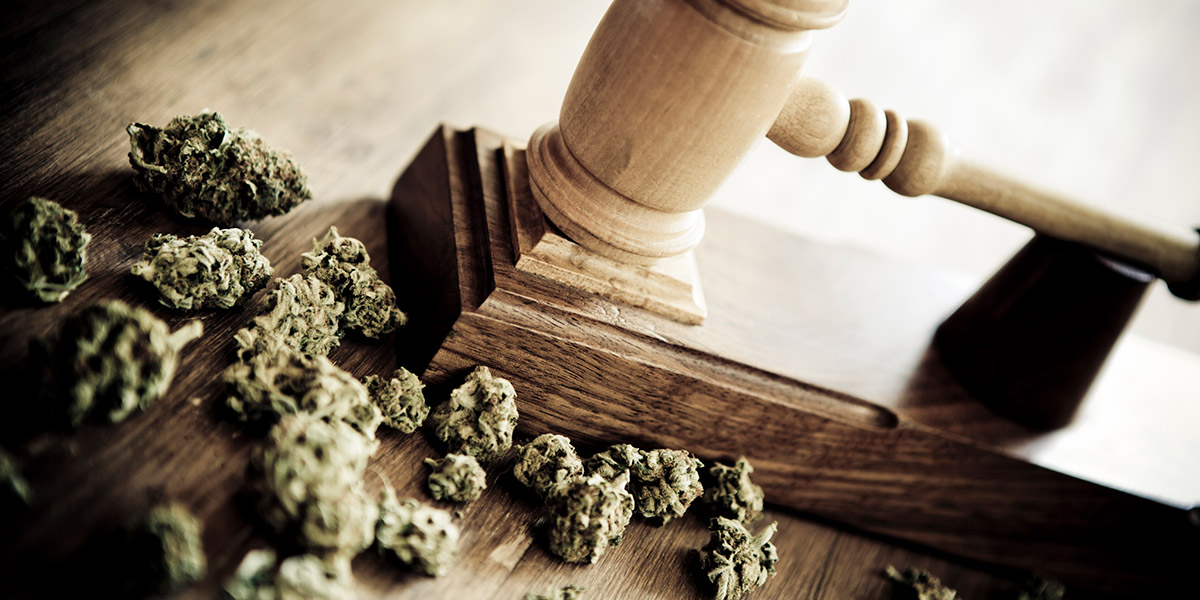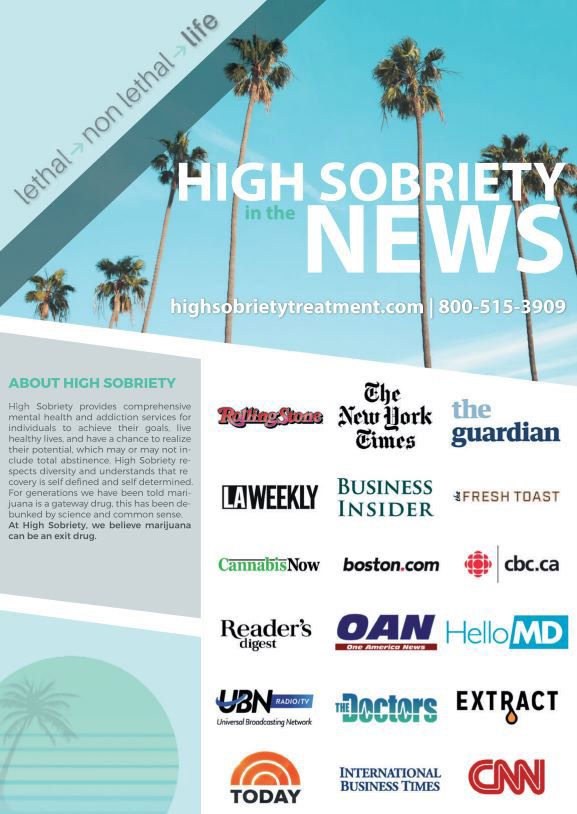By Joe Schrank (or someone channeling his vibe with a thesaurus, Wi-Fi, black coffee, and a pissy attitude)
So RFK Jr. wants to cut the budget for SAMHSA. For the uninitiated, that’s the Substance Abuse and Mental Health Services Administration — the federal agency tasked with helping Americans not completely lose their minds or die from untreated addiction. Think of it as the government’s underfunded, overstretched mental health first responder, operating with duct tape, good intentions, and a prayer. They might even have an old coffee pot, shitty coffee, and Styrofoam cups just for authenticity.
Now, a Kennedy slashing the mental health budget is rich. If ever there were a family that could’ve benefitted from generational therapy, it’s the Kennedys. But here we are — RFK Jr., who sounds like he just licked a mercury thermometer and washed it down with colloidal silver, wants to cut funding to the one agency trying to stop America from descending into a full-blown mental health apocalypse.
This isn’t just bad policy. It’s dangerous. And it matters for everyone — not just the guy talking to himself outside the bodega or your cousin who’s been to rehab six times and now sells crystals on Instagram. No, this affects all of us.
Here’s why this matters:
1. Mental Health Is Infrastructure.
You want safe communities? Lower crime rates? Less homelessness? Kids who can function in school? Cool. Then invest in mental health. Cutting SAMHSA is like cutting the fire department budget because there haven’t been any four-alarm blazes lately. Spoiler: The fire’s already burning. It’s called anxiety, depression, addiction, PTSD, trauma, and untreated psychosis, and it’s lighting up every ZIP code in America — red and blue alike.
Post-pandemic America has been an anxious and depressed place. We’re still learning the long-term impact of the pandemic years — isolation, grief, uncertainty, the collective nervous breakdown we all lived through but never fully addressed. If now isn’t the time to invest in national mental health infrastructure, when would be?
2. Addiction Doesn’t Care Who You Voted For.
RFK Jr. might be trying to cosplay as some libertarian savior of freedom, but the opioid epidemic has body counts in every demographic. Rural, urban, rich, poor, Black, white, trans, cis, Christian, atheist. Addiction is nonpartisan. So when you cut funding to SAMHSA, you’re not making some ideological stand. You’re just ensuring that more people die in bathtubs with fentanyl in their bloodstream and no access to care.
3. Emergency Rooms Are Not Mental Health Clinics.
You think you’re saving money by cutting this budget? Please. We already pay for untreated mental health. We pay it in ER visits, incarcerations, lost productivity, broken families, dead kids, and teachers quitting in droves because they’re now expected to be social workers. Every dollar not spent on prevention and care ends up being spent reacting to the consequences. It’s the most expensive game of whack-a-mole we’ve ever played.
4. RFK Jr. Might Be the Poster Child for Mental Health Reform.
Listen, I’m not trying to diagnose anyone from afar — but if someone insists that Wi-Fi is causing autism and vaccines are a global conspiracy while running for president on the “I’m not like other candidates, I’m worse” platform, maybe — maybe — he’s not the guy who should be leading the national conversation on behavioral health funding.
Ok, if you insist, I’ll diagnose RFK Jr. officially. His diagnosis would be: crazier than a shithouse rat.
5. People Want Help. We Just Don’t Offer It.
Most people struggling with substance use or mental illness aren’t lazy or unmotivated or broken. They’re unsupported. SAMHSA doesn’t do everything right — but it funds community mental health centers, suicide prevention hotlines, peer recovery programs, culturally competent care initiatives, and outreach to underserved populations. In a sane country, we’d triple its budget, not gut it.
This is a values issue.
Cutting the SAMHSA budget tells the country that we don’t care if you’re suffering. That we’ll punish you for being sick. That mental illness is a moral failing and addiction is a choice. That “personal responsibility” is the answer — as if anyone ever bootstrap-ed their way out of a psychotic break.
If you think this doesn’t affect you, give it time. Mental illness and addiction are the great equalizers. Eventually, it knocks on your door — your kid, your partner, your friend, you. And when it does, you’re going to wish there was a lifeline. That lifeline is what SAMHSA is.
So yeah, RFK Jr. wants to slash that.
If ever someone needed mental health services, it’s the guy holding the scissors.
Joe Schrank is a social worker, recovery advocate, and someone who knows how much a life costs — and how little we invest to save one.
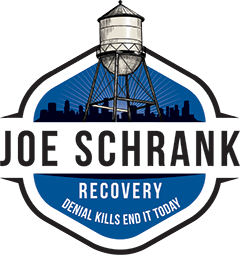


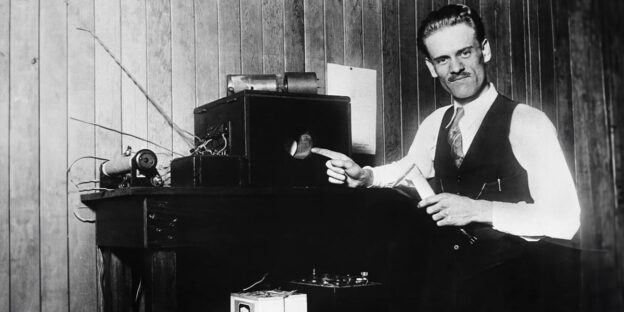






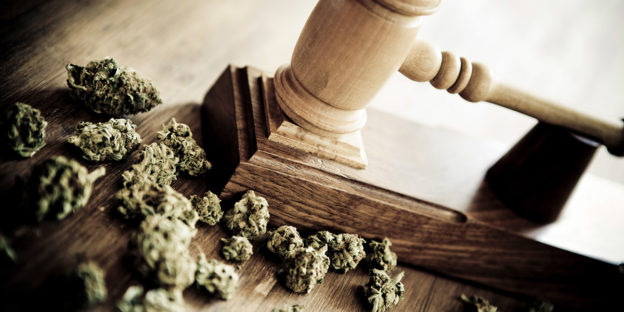
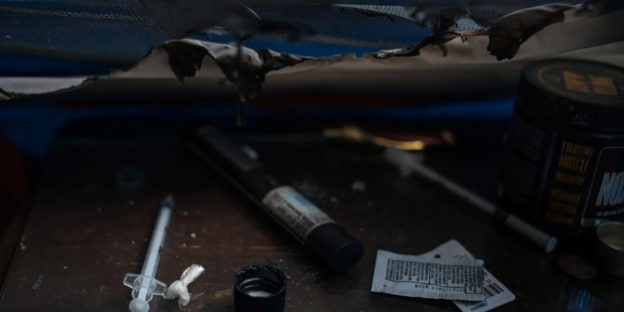
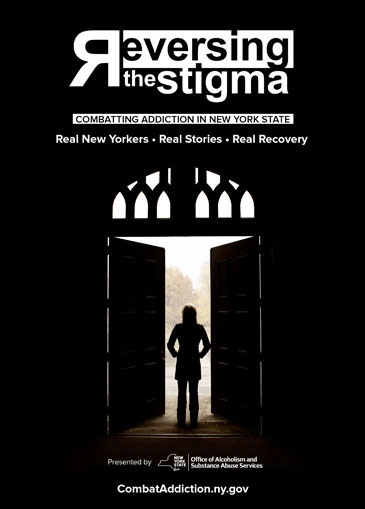 There are many hurdles to accessing help. With more than 23 million people in need of treatment and less than 2 million receiving any level of care, there is something in the way. There are many theories out there about why this is. Of all the hurdles, to negotiate, there is likely none higher than shame. Consistently, people cite stigma as a major reason that prevented them from reaching out for help. In the midst of a fever pitch crisis, losing 160 people a day to overdose, there is a moral imperative to remove the shame and stigma.
There are many hurdles to accessing help. With more than 23 million people in need of treatment and less than 2 million receiving any level of care, there is something in the way. There are many theories out there about why this is. Of all the hurdles, to negotiate, there is likely none higher than shame. Consistently, people cite stigma as a major reason that prevented them from reaching out for help. In the midst of a fever pitch crisis, losing 160 people a day to overdose, there is a moral imperative to remove the shame and stigma.